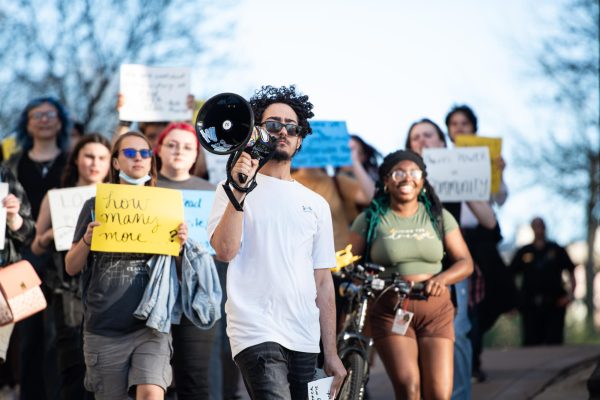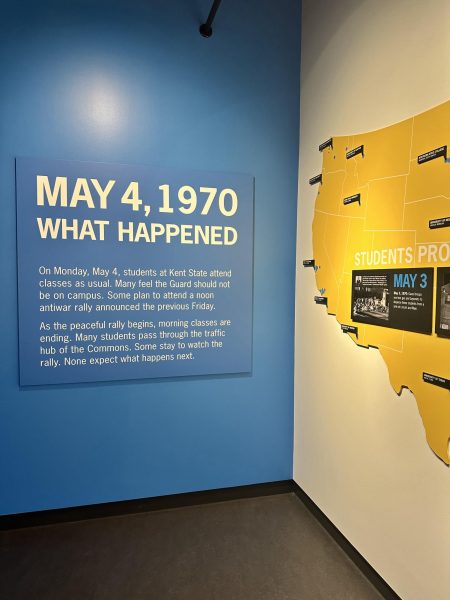3 suspects plead guilty in Ohio bridge bomb plot
September 6, 2012
AKRON, Ohio (AP) — Three more men charged with plotting to bomb a highway bridge in Ohio admitted their roles in the scheme Wednesday in a move meant to avoid life prison sentences.
The device was a dud provided by an FBI informant and no one was hurt.
The FBI has said the public was never in danger even though they say the target was a highway bridge over the Cuyahoga Valley National Park between Cleveland and Akron.
Two 20-year-old suburban Cleveland men, Connor Stevens of Berea and Brandon Baxter of Lakewood, and Douglas Wright, 26, of Indianapolis, pleaded guilty to three-count indictments in back-to-back appearances in U.S. District Court.
A fourth man pleaded guilty earlier, and the fifth defendant faces trial after a defense-requested psychiatric exam.
Prosecutors said they calculated the trio could face 30 years to life in prison, based on the seriousness of the crimes. There was no plea deal, and U.S. Attorney Steven Dettelbach said a sentence recommendation would be made later.
Defense attorneys proposed what Judge David Dowd repeatedly described as a “vastly different” calculation of possible prison time under federal guidelines: in the range of five years for each man.
The defense claims the men never meant to hurt anyone and were goaded into the plot by an ex-convict who was working as an FBI informant.
The judge expects to sentence the men in early November.
Dettelbach, who watched the pleas, sought outside court to deflect the defense argument that the defendants had been entrapped by the informant.
“Make no mistake about it — it was their plot,” Dettelbach said. “It was the defendants who selected the target they wished to destroy.”
Terry Gilbert, Stevens’ attorney, said the informant had provided the men with money for alcohol and marijuana and had “nurtured” the plot.
John Pyle, Baxter’s attorney, said he would press the informant issue in appealing to the judge for leniency. “We intend to through all the provoking that went on,” he said outside court.
Each man pleaded guilty to conspiring to use a weapon of mass destruction, knowingly attempting to use a weapon of mass destruction and attempting to damage property with explosives.
In contrast to their long-haired, scruffy arrest mug shots, the three appeared in court shaved and clean cut. They sat in court in orange jail jumpsuits, with their wrists and ankles cuffed, as relatives and friends watched, some wiping away tears.
In July, another defendant, 35-year-old Anthony Hayne of Cleveland, pleaded guilty and agreed to testify for the government.
The plea changes by the trio leave only 23-year-old Joshua Stafford facing trial. He is undergoing a psychiatric evaluation.
Federal authorities arrested the five in late April, accusing them of trying to detonate what was actually a fake explosive provided by a paid FBI informant.
The suspects are described by the government as self-proclaimed anarchists who acted out of anger against corporate America and the government. But one defense attorney has called the investigation a case of entrapment, with the FBI informant guiding the way.
All but Hayne were scheduled to go on trial in September and could have faced life in prison if convicted.
Under the terms of a plea deal, Hayne will have the chance to avoid a life sentence. With the plea and offer of testimony for the prosecution, he could face 15 years to nearly 20 years in prison.
FBI agent Brian Taylor testified in early August that one of the suspects told him the group targeted the bridge in the national park to minimize the impact of the explosion and avoid casualties.
The five men had been active with the Occupy Cleveland group. Organizers of the movement have sought to distance the group from the defendants.
























